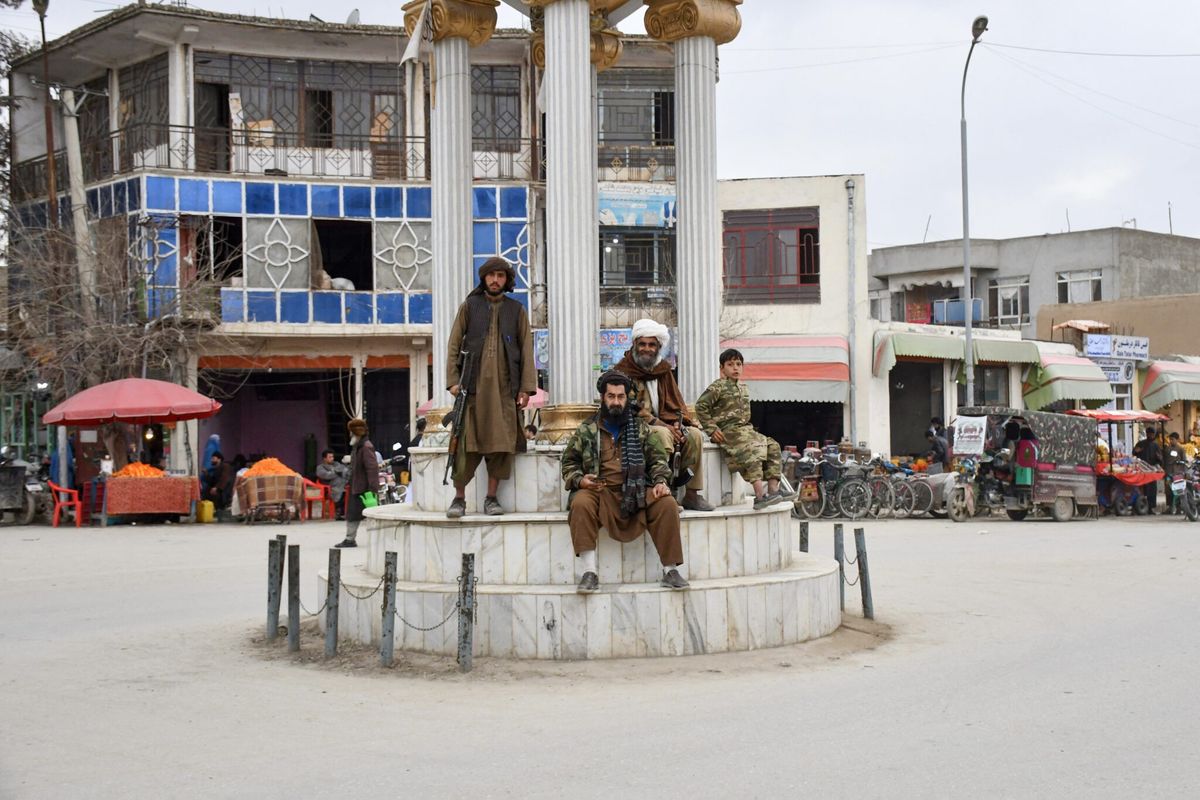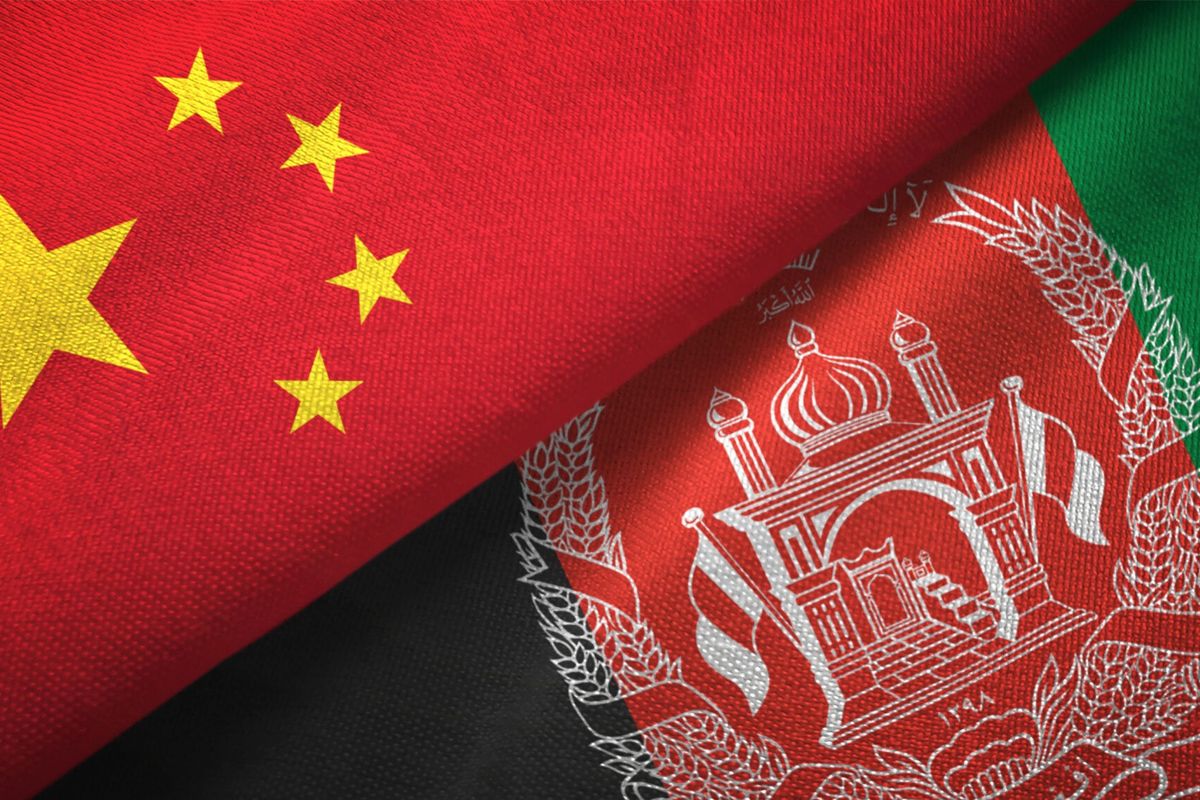A negotiated peace settlement in Afghanistan in 2016 is unlikely. Negotiations have succeeded in other insurgencies when each side determined that victory was not possible and that a significant portion of their goals could be achieved through negotiations. That situation does not currently exist in Afghanistan.
Since the public acknowledgement of the death of Taliban leader Mullah Omar, his successor, Mullah Akhtar Mohammad Mansoor, has gained control over a majority of the movement. Still, Mansoor must deal with leadership challenges from several splinter groups while keeping others, like the deadly Haqqani movement and Hezb-e Islami, with him. Additionally, the Islamic State has created a small but growing presence in Afghanistan that acts as a natural rallying point for disaffected Taliban who reject Mansoor. Sharp fighting has taken place between Mansoor’s mainstream Taliban and the Islamic State. Generally, Mansoor still does not command as unified a Taliban movement as existed in the past.
While factional infighting among the Taliban might be militarily helpful to NATO and the Kabul government, it means that any Taliban entry into negotiations would provide vehicles for opponents to attack Mansoor’s leadership and devotion to the cause. Whether Mansoor has an interest in negotiations is debatable. A number of western specialists who have dealt with those around him think perhaps he does, but on what terms is unknown. In any event, it appears that Mansoor still needs to tighten his grip as a leader before he can consider negotiating and keeping control of his movement at the same time.
Since the U.S. withdrawal from combat operations in 2014, the Taliban has intensified its attacks. Afghan security force casualties have exceeded all U.S. and NATO casualties over the course of the last 14 years. While the Afghan military has generally stuck together and achieved some victories, the Taliban has taken control of several districts and has forced the withdrawal of Afghan security forces from others. For the first time since their 2001 defeat, the Taliban was able to take, although not hold, a provincial capital city (Kunduz).
In short, the Taliban apparently believes it is winning; why negotiate for less. In its rejection of its participation in talks, most recently this month, Taliban representatives demanded the release of prisoners, official recognition, and restated their demands for the departure of all foreign forces from Afghanistan before they would engage in direct talks with the government in Kabul. Since the Afghan government is still highly dependent on U.S. and NATO advisors for logistics, support, and a variety of functions, the Taliban position amounts to a demand that the Afghan government accept a critically weakened position for the privilege of initiating peace talks.
Despite considerable war weariness among the Afghan population, fighters on both sides have lived with war for so long that it is largely accepted as a condition of life. The Taliban has always taken a very long-term view of what would be necessary for success, illustrated by the oft-cited comment that “The foreigners have the watch but we have the time.” Some analysts have talked to Taliban leaders who would welcome peace, but these people have been marginalized and silenced. As a movement, the Taliban shows no sign of any new urgency to find peace.
The lack of a clear U.S. policy for Afghanistan is significant. Even as the Obama administration surged troops in 2009, it announced that troop withdrawals would begin in 2011. While American aircraft occasionally bomb the Taliban and the Taliban call for increased attacks on U.S. forces, the Obama Administration still insists that the U.S. is no longer at war with the Taliban—a position unfathomable to Afghans on all sides. The U.S. has made several incremental adjustments to its policy, extending the deployment of the current 9800 U.S. troops and deciding to maintain open bases that were scheduled to close by the end of 2016. But each adjustment has been undercut by a reaffirmation that the U.S. intends to leave. Such a position reinforces the Taliban belief that it can outlast the U.S.
NATO has pledged support for Afghanistan until 2024, but what this means is unclear. The Germans and Italians have called for a larger presence beyond 2016 than current U.S. plans envisage. But without the U.S. support, the Germans and Italians have made clear they cannot maintain their critical northern and western bases. The U.S. has not responded, leading to Taliban hope and pro-government despair.
The Afghan government continues to seek negotiations. It has participated with the U.S., Pakistan, and China in a Quadrilateral Coordination Group that has already met five times. Its latest effort to call the Taliban to the table this month has failed. If the Taliban refuse to talk, threats posed by the Afghan government appear weak.
China calls for peace but shows no willingness to use its strong relations with Pakistan to exert pressure, which is of particular importance since Pakistan has left Taliban sanctuaries untouched. Pakistan talks of supporting peace but has taken no visible actions to limit or hinder Taliban attacks into Afghanistan, many of which are organized and staged from Pakistani territory. Among the many reasons assumed for Pakistani policy is their stated belief that the U.S. will leave the job of securing Afghanistan undone, and that Pakistan must look to protect its own interests.
In sum, a divided Taliban finds its interests in maintaining unity in a seemingly winning battlefield strategy. Pakistan shows no pressure for change. Both Pakistan and the Taliban see the U.S. as lacking the will to continue the fight. Internal problems in the Afghan government add further despair and little pressure for negotiations. And all of these gloomy considerations are just about starting talks, not even about whether or how they could succeed. The war is not irredeemably lost and the U.S. still has options, but in the current situation, it is difficult to imagine the Taliban negotiating a peace in the near-term that would be on conditions other than its own victory.












